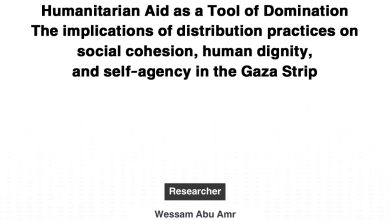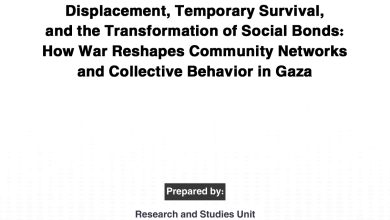Policy Paper(Visions to Support the Palestinian National Reconciliation Conference): The Elections Committee

Dr.Mukhaimer Abu Saeda Assistant Professor of Political Science at Al-Azhar University A political analyst and researcher He began his speech with the three key questions over the reasons behind holding the elections? and are the legislative and presidential elections considered a real exit of the Palestinian internal crisis? the reason behind reforming the Central Elections Committee? And what are the optimal election systems for the Palestinians? He stressed that reformulation of the Central Election Commission (CEC) is a national necessity to enhance unity and reconciliation. The current CEO consists of a one political color and some independent figures. Regarding its bias, the CEC had accredited the elections law issued by the Palestinian president after June (proportional presentation 2007) and laid the bylaw on the website of the CEC. It has to be mentioned that this law was introduced following the division and accordingly not yet accepted. He classified the tasks of the CEC as followed: · Determining the deadline of legislative and presidential elections around 25 January 2010 in conformity with the law. · Determining mechanisms of monitoring elections. · Reformulating the CEC. · Reviewing the elections law according to national reconciliation basis. He clarified the advantages and disadvantages of the two election systems: the circles system and the Proportional system and highlights that there is a consensus on the proportional election system if Gaza strip, West Bank and Jerusalem is considered a one constituency. He added that the proportional election system can reunify the country geographically and politically and helps in electing representatives of Jerusalem if the occupation do not accept holding the election there.




